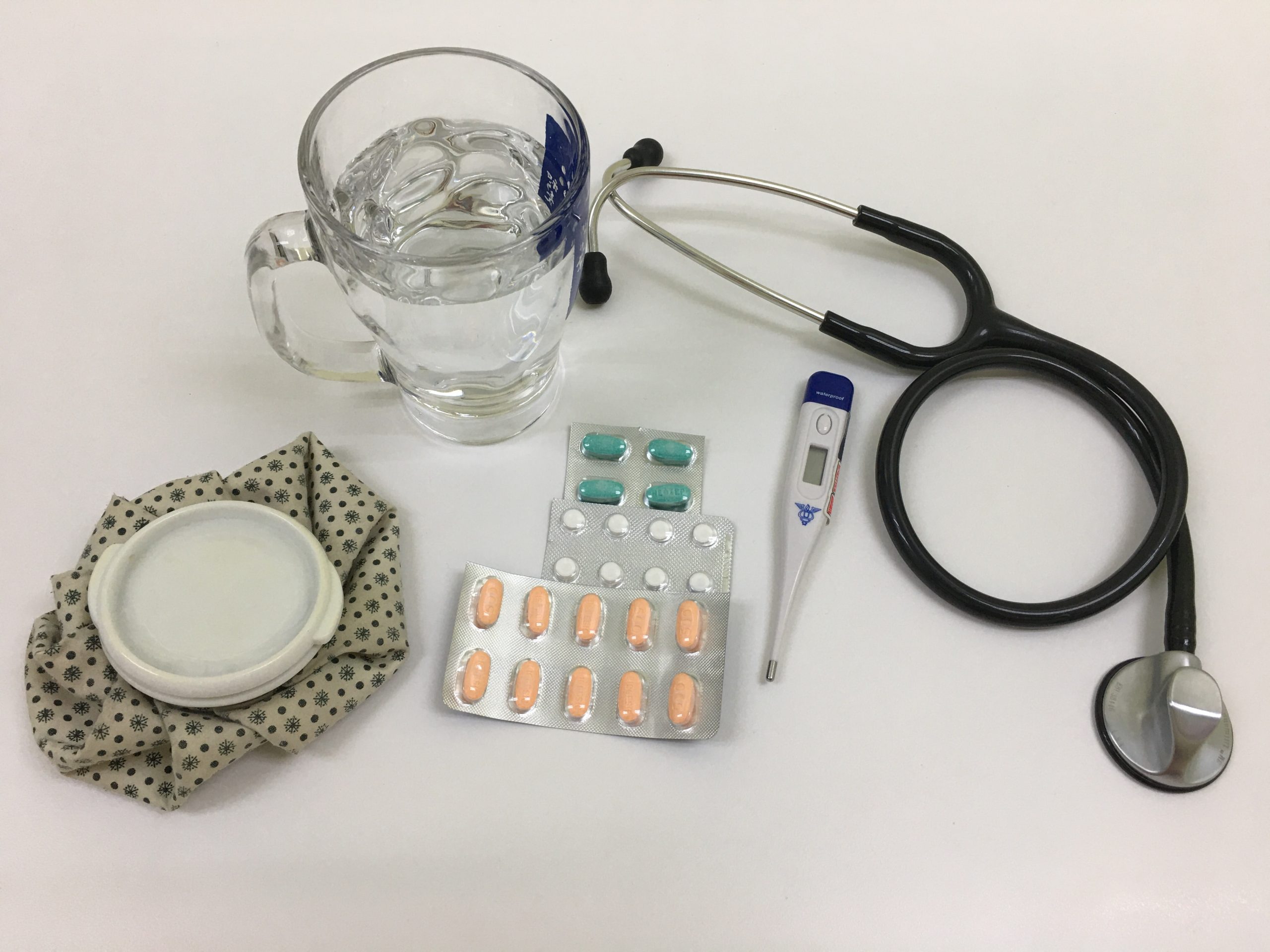Mumps is a contagious viral infection that can cause swelling in the salivary glands and other uncomfortable symptoms. While the disease is not as common as it once was, outbreaks can still occur, and it’s important to know how to protect yourself and others from contracting the virus.
What Causes Mumps?
Mumps is caused by the mumps virus, which is spread through saliva and respiratory secretions. When an infected person coughs, sneezes, or talks, they release tiny droplets that can land on surfaces or be breathed in by others. The virus can also be spread by sharing utensils, cups, or other items with an infected person.
Symptoms of Mumps
The symptoms of mumps typically appear about two to three weeks after exposure to the virus. The most common symptom is swelling in one or both of the salivary glands, which are located on the sides of the face just below the ears. This swelling can cause pain or tenderness in the affected area, and may make it difficult to open the mouth or swallow.
Other symptoms of mumps can include:
- Fever
- Headache
- Muscle aches
- Fatigue
- Loss of appetite
In rare cases, mumps can lead to more serious complications, such as inflammation of the testicles in males or inflammation of the ovaries and breasts in females. Mumps can also cause meningitis, which is an inflammation of the membranes that surround the brain and spinal cord.
Preventing Mumps
The best way to prevent mumps is to get vaccinated. The MMR vaccine, which protects against measles, mumps, and rubella, is recommended for all children and adults who have not already been vaccinated. The vaccine is safe and effective, and can provide lifelong protection against the virus.
If you have not been vaccinated, or if you are unsure whether you have been vaccinated, it’s important to take steps to avoid exposure to the virus. This can include:
- Avoiding close contact with people who are sick
- Washing your hands frequently with soap and water
- Covering your mouth and nose when you cough or sneeze
- Not sharing utensils, cups, or other items with others
If you do contract mumps, it’s important to stay home from work or school for at least five days after the onset of symptoms to avoid spreading the virus to others. You should also take steps to reduce your symptoms, such as getting plenty of rest, drinking fluids, and using pain relievers as needed.
In conclusion, mumps is a contagious viral infection that can cause uncomfortable symptoms and serious complications. The best way to protect yourself and others from the virus is to get vaccinated, practice good hygiene, and stay home if you are sick. By taking these steps, you can help prevent the spread of mumps and keep yourself and your community healthy.











